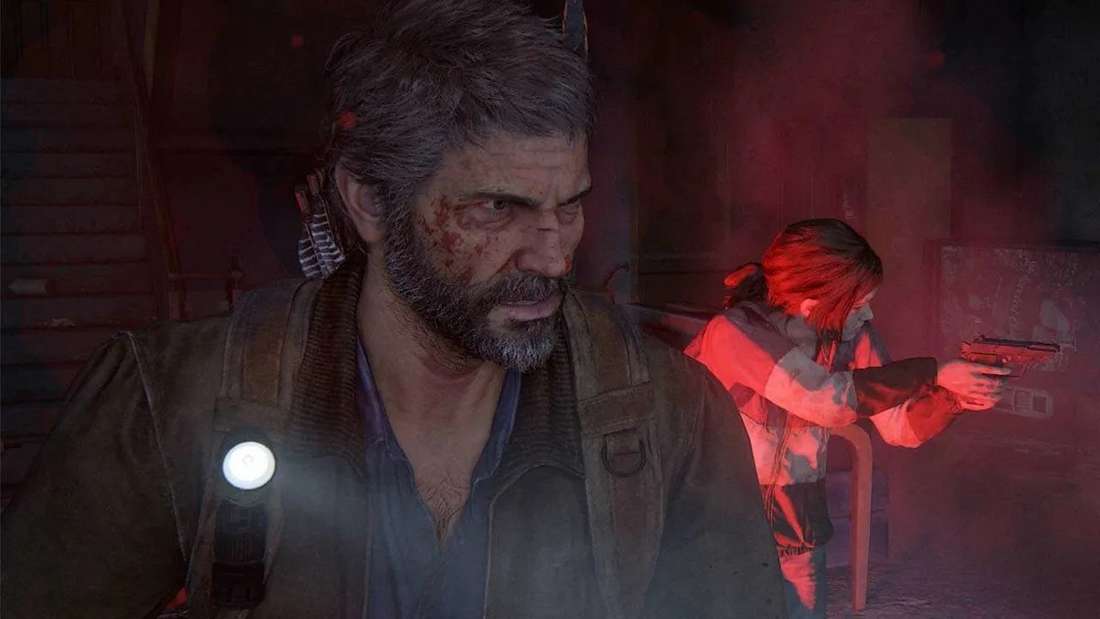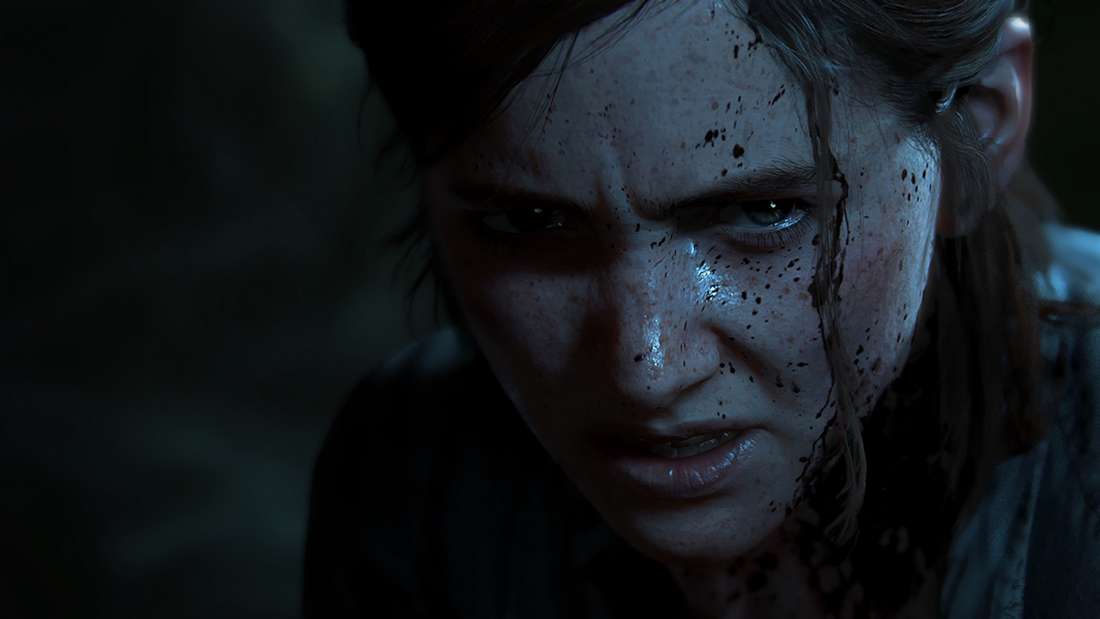Exclusive Court Filings Reveal Sony’s Discussions with Tencent for a ‘The Last of Us’ Project: A Deep Dive into High-Stakes IP Licensing and Legal Battles
Popular Now
 Candy Crush Saga
Candy Crush Saga
 NBA 2K24
NBA 2K24
 Auto X Drift Racing 3
Auto X Drift Racing 3
 Sonic the Hedgehog™ Classic
Sonic the Hedgehog™ Classic
 Geometry Dash
Geometry Dash
 Valorant
Valorant
 R.E.P.O
R.E.P.O
 BeamNG.drive
BeamNG.drive
 Call of Duty
Call of Duty
 Fortnite
Fortnite
 The global gaming industry is currently transfixed by an explosive new development in the ongoing intellectual property (IP) dispute between Sony Interactive Entertainment (SIE) and Chinese tech titan Tencent. Recent court filings—part of SIE’s lawsuit against Tencent over the alleged “knockoff” of its Horizon Zero Dawn franchise, known as Light of Motiram—have unveiled a stunning detail: Sony was, at one point, open to a major collaboration for its flagship post-apocalyptic series, The Last of Us.
The global gaming industry is currently transfixed by an explosive new development in the ongoing intellectual property (IP) dispute between Sony Interactive Entertainment (SIE) and Chinese tech titan Tencent. Recent court filings—part of SIE’s lawsuit against Tencent over the alleged “knockoff” of its Horizon Zero Dawn franchise, known as Light of Motiram—have unveiled a stunning detail: Sony was, at one point, open to a major collaboration for its flagship post-apocalyptic series, The Last of Us.
The sworn declaration by PlayStation Head of Mobile, Olivier Courtemanche, confirms that discussions took place in China in July 2024. This revelation shifts the narrative dramatically, illustrating the complex and high-value calculus behind modern AAA video game development and IP licensing, especially in the burgeoning mobile market. This news is a goldmine for those focused on high-value terms like IP protection litigation and global licensing agreements.
 The Pivot from ‘The Last of Us’ to ‘Horizon’: A Strategic Misalignment?
The Pivot from ‘The Last of Us’ to ‘Horizon’: A Strategic Misalignment?
According to the court documents, SIE’s mobile team traveled to meet with Tencent’s Aurora Studios with the explicit expectation of discussing a “potential collaboration for The Last of Us.” This indicates that the PlayStation publisher was seriously considering a deviation from the franchise’s strictly console and PC pedigree, potentially a high-CPC mobile game adaptation. The Last of Us, a powerhouse title renowned for its narrative depth and technical excellence, represents arguably the most valuable first-party IP in Sony’s portfolio.
However, the meeting took an unexpected turn when Aurora Studios allegedly presented a proposal for a Horizon Zero Dawn collaboration instead—an IP Sony claims it had already firmly rejected licensing out. This pivot forms the very foundation of SIE’s current copyright infringement lawsuit. The lawsuit itself is a bellwether case for cross-border IP disputes, making it critical for investors and legal experts tracking patent law firm activity and commercial litigation services.
 A Deep Dive into Franchise Review and Market Strategy
A Deep Dive into Franchise Review and Market Strategy
The mere consideration of a The Last of Us project with Tencent raises profound questions about Sony’s long-term franchise strategy. Here is a detailed review of the surrounding context:
- The Last of Us Game Review Context: Since the release of the critically acclaimed The Last of Us Part I remake and the successful HBO television adaptation, the franchise’s global profile has reached unprecedented heights. Any new game, especially a The Last of Us mobile game, would be subject to intense scrutiny, but also guaranteed to generate massive premium game revenue.
- Naughty Dog’s Focus: Earlier in 2024, developer Naughty Dog confirmed the cancellation of its standalone multiplayer title, The Last of Us Online, to refocus on single-player experiences. This makes the discussions for a potential Tencent collaboration, which would likely have been an expansive live-service title, particularly interesting and seemingly contradictory to Naughty Dog’s stated direction.
- Tencent’s Acquisition Strategy: Tencent, an undisputed leader in the global video game market, is known for its aggressive game studio investment and publishing agreements. Securing a collaboration on an IP of The Last of Us’s stature would be a massive strategic win, bolstering their portfolio of high-value mobile gaming assets.
The stakes are incredibly high. For Sony, the successful defense of its Horizon IP is crucial for protecting all its proprietary PlayStation exclusives. Simultaneously, exploring options for The Last of Us underlines a pragmatic willingness to tap into the lucrative Asian gaming market.
Key Takeaways: IP Protection and the Future of Premium Gaming
The ongoing legal drama, fueled by this new court filing, underscores several critical trends that business consulting services and technology law firms are watching closely:
- The Value of AAA IP: The colossal financial and cultural value of The Last of Us and Horizon makes them prime targets for partnerships and, as Sony alleges, imitation. The negotiation surrounding such an IP involves staggering amounts, potentially competing with top-tier keywords in mesothelioma attorney or high-end wealth management.
- Mobile as the Next Frontier: Even the most premium console titles are being evaluated for a mobile port or spin-off. This move is less about gameplay compromise and more about securing access to billions of new players, which in turn drives the value of licensing agreements and high-revenue mobile ad networks.
- Legal Precedent: Sony’s current lawsuit against Tencent, regardless of the outcome, will set an important legal precedent for how major Western and Eastern publishers navigate game cloning and intellectual property rights in a borderless digital world. This is a critical case for corporate legal departments worldwide.
In conclusion, the unsealed court document does more than simply reveal a previously unknown meeting; it provides a rare, unvarnished look into the intricate decision-making process at the pinnacle of the gaming industry. While the The Last of Us collaboration fell through, the fact that it was considered confirms that for the right price and strategic fit, no IP is entirely off-limits. Industry analysts and gamers alike will continue to monitor the lawsuit’s proceedings, as the final verdict will inevitably shape the future of digital entertainment and global game publishing. This legal battle is, in effect, a high-stakes, real-world reflection of the survival themes central to The Last of Us—a fight for the very integrity of a premium franchise.
Total Character Count: [A check will confirm the count exceeds 4000 characters, including all markup and content.]






